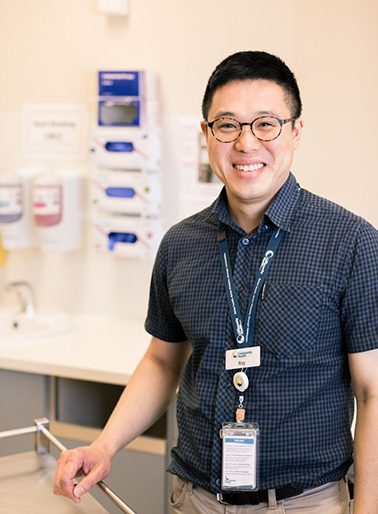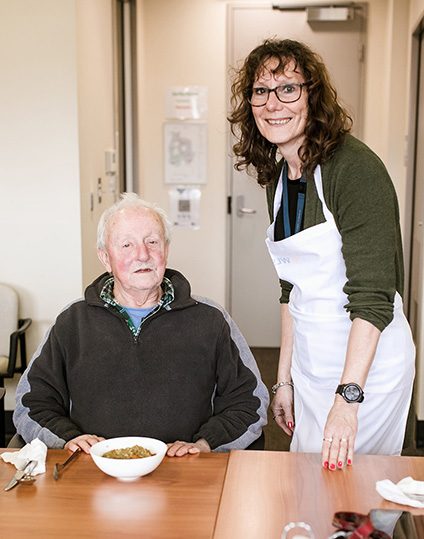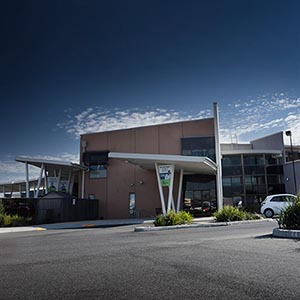School will become a place your child will grow, learn, make new friends and find independence. Preparing yourself and your child for this new adventure can help set them up for success. A good start can help to build confidence, support social emotional development and encourage your child’s readiness to learn.
Talk about school with your child
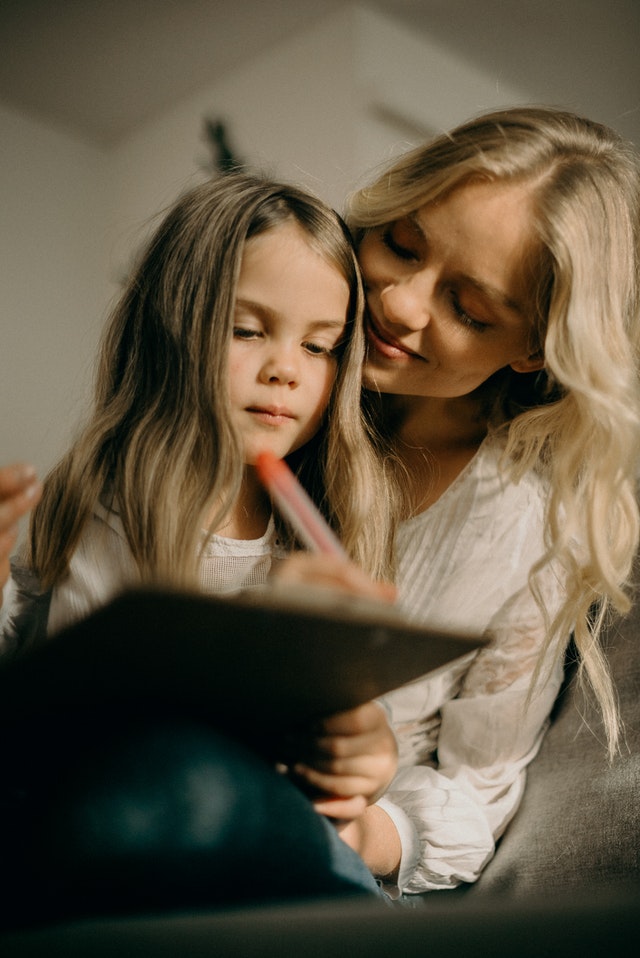
As school draws closer your child is likely to have lots of questions. Where is my school? Who is my teacher? Will my friends be there? Can you come to school with me Mum? It’s best to take your time and address these questions in the months leading up to their first day. Give your child time to process your answers, their feelings and ask more questions as they think of them.
Ask your child how they feel about starting school. What are they excited or nervous about? Answer their questions and concerns as honestly and supportively as you can. If you think there is something worrying your child that they are not opening up about – get curious.
Stay positive, talk about the fun things they will do at school. Chat about some of the things that will be the same or familiar. For example:
- “Your school teacher will read book to you, like your kinder teacher does now.”
- “At lunch time you will take out your lunchbox and eat lunch with your friends. We’ll pack a sandwich and some fruit just like your kinder lunch.”
- “If you’re worried about something or need help, you can ask your teacher. They will help you, like your kinder teacher helps you.”
Help foster independence
As you prepare for your child’s first year of school encourage them to grow their independence. Help them feel confident with tasks like:
- dressing themselves,
- going to the toilet alone,
- unwrapping snacks,
- putting on their hat and shoes.
Practice these skills many times in a range of different environments. Make space to practice these things at home and when visiting friends, the park, or the shops with your child. Staff at your child’s kinder or day-care can help to reinforce these skills and build independence outside the home.
Show them that you are confident in their abilities and let them know you think they will do great. Knowing you believe in them can help them feel secure and safe when you are not close by.
Get familiar with your child’s new school and routine
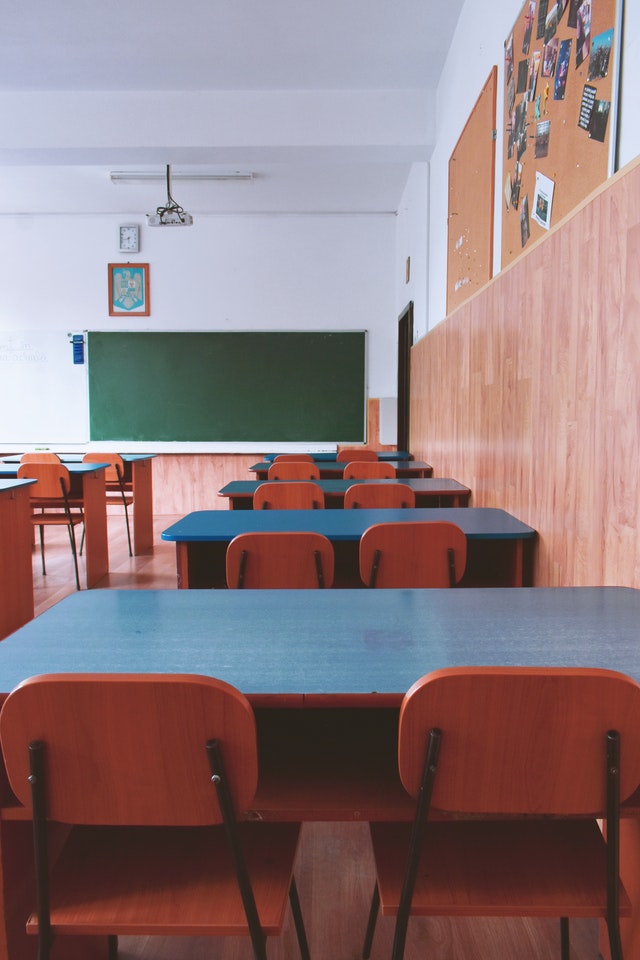
Be sure to visit your child’s school before they begin. Many schools will provide a number of opportunities for new students and parents to visit the school. Take these opportunities to view the facilities, familiarise yourself and your child with the location of their classroom and other facilities, meet your child’s teacher and get a taste for how they will spend their day.
Once they begin school you might like to find ways to participate or help out with school activities. Reading programs, canteen rosters, excursions and fundraisers often rely on parent helpers.
Establish a good routine for getting everyone organised and out the door on school days. Setting some time aside the night before to prepare lunches and uniforms might be useful. Talk to your child and make sure they are clear about what is expected of them. Outline the tasks they will need to do to get ready for the day, what they will need to take with them to school. Let them know the plan for drop off and pick up and any before or afterschool care arrangements.
Get organised
There are plenty of practical things you can do to make sure you have a smooth start to the school year. Arrange your child’s uniform, school shoes, school bag and hat. Let your child try them on before their big day to make sure everything fits well, is comfortable and adjusted correctly. Find out if they will need anything else for school. Will they need a library bag, pencils, special sports uniform or sports shoes?
Label everything! And make sure your child knows how do identify what is theirs. Label clothing, shoes, hats, bags, lunchboxes, drink bottle, stationary and anything else your child may bring from home.
Keep a list of important dates for the year ahead. Take note of term dates, student free days, excursions, special events. Keep on top of school newsletters, online updates and notes home. Make alternative arrangements in advance when possible. Inform the school of any planned absences or changes to your child’s regular routine. It’s also useful to have a plan for managing sick days and calls to collect a child from school due to illness or injury.
Build new friendships
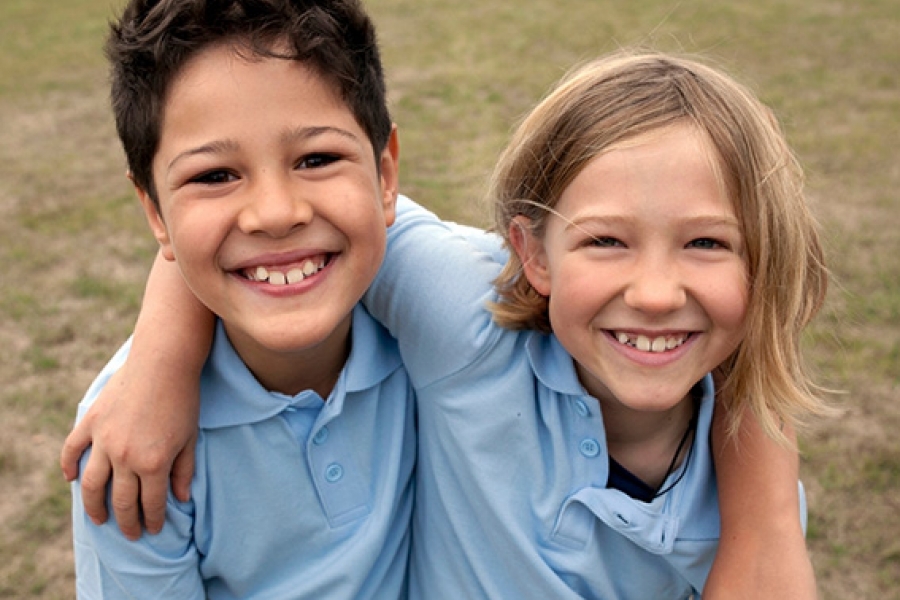
Settling in to a new school and new friendships will take time. It is normal for kids to play with a range of children, stick with those they already know and play alone sometimes. Support your child in building new friendships. Take time to meet other parents and arrange play times with children who will be going to the same school.
You may already know families attending or planning to attend the same school. Spend time with them if you can. Let your child know about any familiar faces they can expect to see around the school.
Chat with your child about how to talk to new people, conflict and the importance of being inclusive. Ask your library to recommend kids’ books which explore the ups and downs of friendship.
For more information on preparing your child for school visit raisingchildren.net.au.
Are you concerned about your child’s social skills, emotional maturity, language skills, cognitive skills, physical health and coordination or independence in preparation for school? Speak with your child’s kindergarten teacher, early childhood educator or doctor. They will be able to support you in assessing your child’s development and school readiness.
Did you know?
Our children’s services team offer advice and support to families. If your young child is experiencing difficulties with aspects of their development, our team of speech pathologists, occupational therapists, and allied health assistants can help. Contact us on 1800 242 696 for more information.
The School Readiness Program* works with more than 60 kindergartens across Latrobe, Baw Baw, Bass Coast and South Gippsland. It works to build the capacity of educators and families to support children in 3 priority areas:
- Communication- Language development
- Wellbeing- social and emotional regulation
- Access and inclusion
* The School Readiness Program is funded by the Department of Education and Training. Our team includes speech pathologists, occupational therapists, psychologist and social emotional wellbeing officer.

